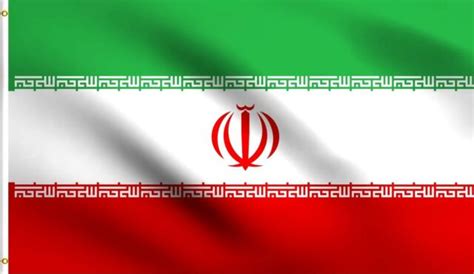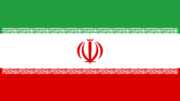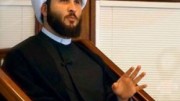I’ve just stumbled upon a brilliant piece in The Conversation an online magazine and think tank about Iran. It’s a piece that gives some hope for Iran and is very much at odds with the sort of propaganda put out by the Iranian Shia Islam regime.
Those of us who watched the Iranian revolution live in 1979 remember the upset it represented. The general assumption was that Western style secularism was on the march and that nations that developed economically and technically almost inevitably became more secular or at least reduced the unwanted intrusion of religious rules in people’s lives. The Iranian revolution, one led by Shia religious groups and assisted by a secular Left that made the mistake of thinking that the could control the religious ones, showed that assumption to be false. Development and revolution do not automatically create secular societies, the Western assumption that religion was becoming a much more personal matter was just that, a false assumption.
From what we see on the mainstream media and from the many commentators who are familiar with Iran we could easily get the impression that support for the regime in Tehran is high and that apart from a few dissidents, most people agree with the enforced state religiosity. However, a new survey, anonymised to allow Iranians to feel that they could speak freely busts that image wide open.
In June 2020 a study group focused on attitudes in Iran carried out a survey of 40,000 Iranians from across the ages, religious beliefs and classes. What it found is that there is a growing pattern of secularism and a rejection of Shia Islam in Iran.
I will not cut and paste too much from the article as mere excerpts from this piece would not do it justice but the numbers are very interesting indeed. For example: Only 40% of Iranians surveyed said that they were Muslims,which is in stark contrast to the Iranian government’s claim that 99.5% are. There was a large majority in favour of not enforcing hijab rules on women in public places (72.5%) and 47% stated that they’d lost their religion in their lifetime. One third of Iranians said they drank alcohol despite the nation being officially teetotal and only 32% identified as Shia Muslims despite Shia Islam being Iran’s official state religion.
It does seem to me that there are the necessary pre-conditions for change in place in Iran. The only thing preventing this change appears to be the murderous oppression of the people by the Mullahs. My own view based on these latest figures is that in a future conflict involving Iran there will be far fewer Iranians who will fight for the nation for religious reasons than there were in say the Iran / Iraq war. If the country was invaded as it was by Iraq in the aforementioned war of course there will be those who would fight on nationalist grounds, but whether there would be the sort of religious fervour that led people to fight and martyr themselves in a wasteful war using WW1 trench warfare tactics as the Iran-Iraq was fought, is in doubt?
The increasing secularism of Iran gives me hope that one day at least the oppressive Mullahs who run and who have ruined Iran will depart for their place in the history books. However, only time will tell whether opinions expressed in an anonymous online poll will mutate into concrete political action.
Please read the entire article from The Conversation via the link below:





